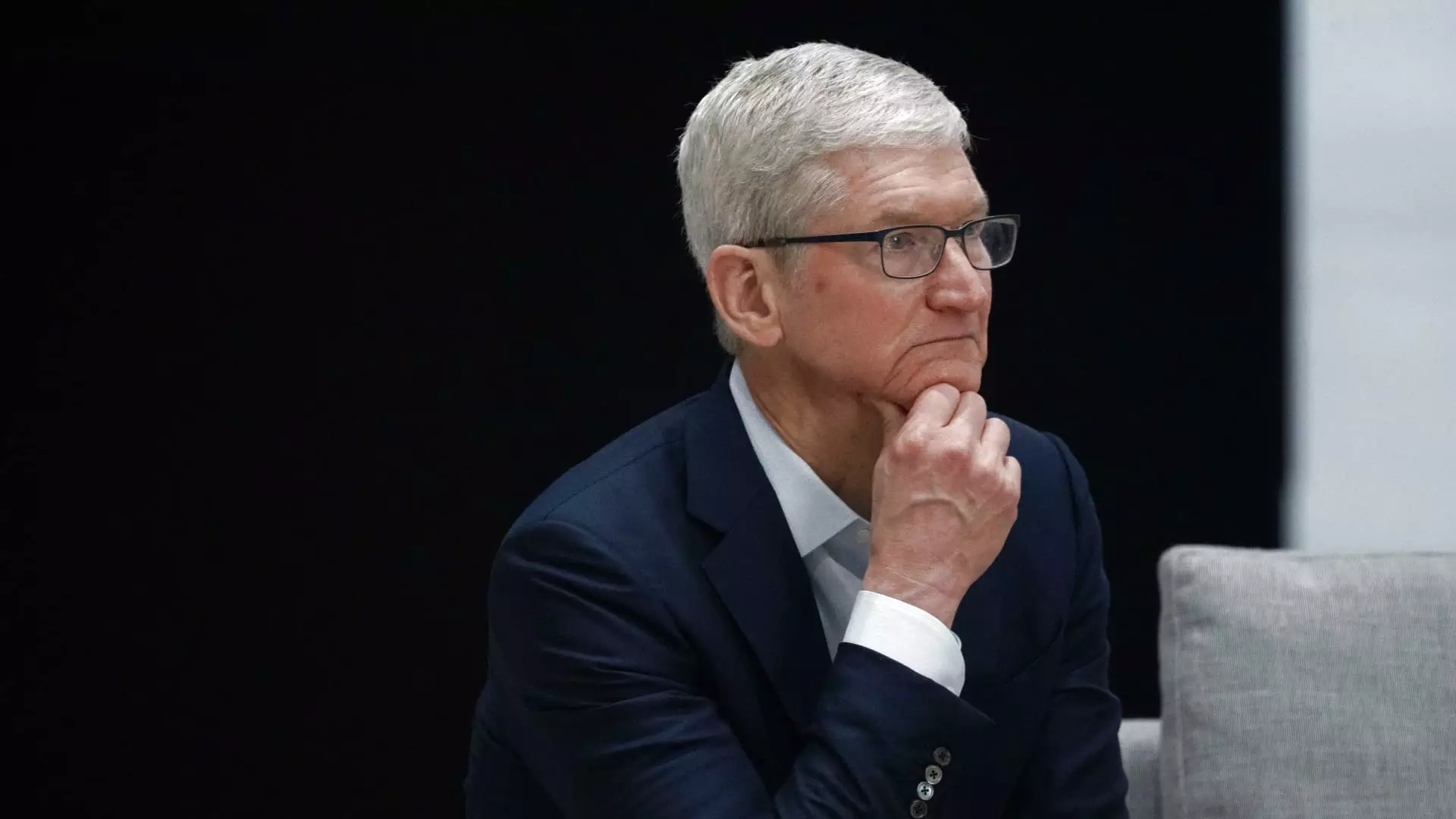Recently, both Apple and Disney have halted their online advertising campaigns on X, formerly known as Twitter. The decision came after Elon Musk, the owner of X, expressed agreement with a social media post accusing “Jewish communities” of promoting “hatred against whites.” This move by Apple and Disney represents a significant step in response to the controversy surrounding the platform. Other companies, such as Warner Bros Discovery, Paramount Global, Lions Gate Entertainment, Comcast, and IBM, have also suspended their campaigns on X.
Concerns Raised by Media Matters for America
Media Matters for America, a nonprofit organization, published a report highlighting several big companies, including Apple, IBM, Oracle, Bravo, and Infinity, whose online X ads were displayed alongside content endorsing Adolf Hitler and his Nazi Party. The report emphasized the need for advertisers to be vigilant and ensure that their brands are not associated with hate speech and discriminatory content.
In response to Elon Musk’s behavior and the ongoing controversy, a coalition of 163 Jewish leaders, activists, and academics from major political parties issued a statement urging companies like Apple, Disney, and Amazon to stop funding X through their ad spend. This call for action highlights the growing concern over the rise of antisemitism on the platform and emphasizes the responsibility that advertisers bear in supporting or distancing themselves from such issues.
The White House joined the chorus of condemnation towards Elon Musk, publicly criticizing his tweets. White House spokesman Andrew Bates stated that it is “unacceptable to repeat the hideous lie behind the most fatal act of Antisemitism in American history at any time.” This statement refers to the tragic mass shooting at the Tree of Life Synagogue in Pittsburgh in 2018, where 11 people lost their lives. The gunman espoused the antisemitic “white genocide” conspiracy theory, which the White House spokesman appears to link to Musk’s controversial statements.
Musk’s Acknowledgement and Outcomes
Elon Musk responded to the advertiser backlash through his X messaging service, acknowledging that “clear calls for extreme violence are against our terms of service and will result in suspension.” This indicates a recognition of the impact of his words and a commitment to enforcing the platform’s policies. Jonathan Greenblatt, CEO of the Anti-Defamation League (ADL), commended Musk for his response and expressed gratitude for his leadership in fighting hate.
The Ongoing Challenge for Advertisers
The suspension of advertising campaigns on X by major companies like Apple and Disney reflects the increasing difficulty faced by advertisers in navigating platforms that are vulnerable to hosting hate speech and controversial content. The call for action from Jewish leaders underscores the need for advertisers to take a stand and ensure their brands align with their values and principles. Being associated with platforms that promote hate speech can have severe consequences for a company’s reputation.
In a previous interview, Elon Musk brushed aside concerns that his X posts could be seen as inflammatory, asserting that he would say what he wants and accept the consequences, even if it meant losing money. This unapologetic stance may be seen by some as a disregard for the potential harm caused by promoting or endorsing controversial views.
The decision by Apple, Disney, and other major companies to halt their advertising campaigns on X in response to Elon Musk’s controversial posts demonstrates the growing accountability advertisers hold in shaping the online conversation. The impact of hate speech and discriminatory content should not be underestimated, and companies must carefully assess where their advertisements are being displayed. Advertisers have a responsibility to ensure that their brands align with their values and avoid association with platforms that spread hatred and divisiveness. The challenge remains for both platforms and advertisers to strike a balance between freedom of expression and responsible content moderation to create a safer online environment for all users.


Leave a Reply